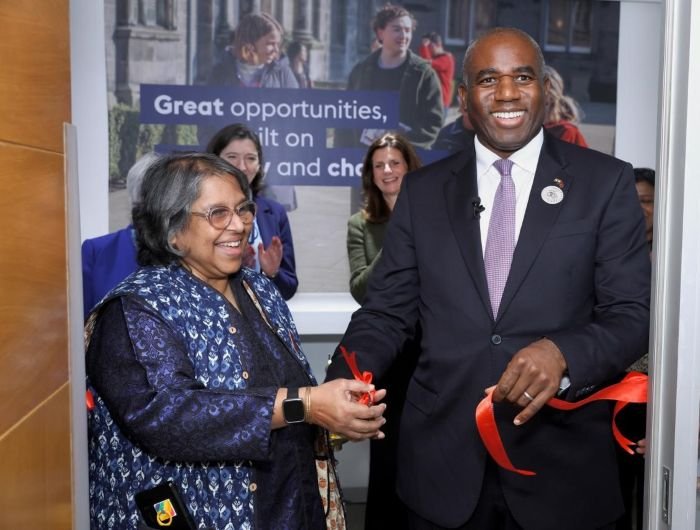New advice to help healthcare professionals promote exercise as a way of improving immunity has been launched by medical experts and exercise scientists. Being more physically active and/or engaging in regular amounts of moderate-to-vigorous intensity exercise improves multiple aspects of immune function, which lowers one’s risks for infection and chronic diseases. Researchers agree that regular bouts of moderate-to-vigorous intensity exercise (e.g. walking, running or cycling) can improve immune function and reduce systemic inflammation.
The aim is to guide GPs, nurses and other clinical practitioners to reinforce the benefits of physical activity and structured exercise, particularly in the wake of lockdown measures imposed by the COVID-19 pandemic.
By providing evidence for how both single and regular sessions of exercise can prime the immune system to work more effectively, the guidance explains how exercise can support the immune system to fight off common infections and lower the risk of various health conditions.
The team also offer practical advice for different individuals as to how they might undertake physical activity and/or exercise to minimise the severity of COVID-19 symptoms, if infected.
The guidance has been devised by healthcare professionals in Health Education and Improvement Wales (HEIW), NHS Wales’ body for healthcare training and development, in partnership with scientists in the University of Birmingham’s School of Sport, Exercise and Rehabilitation Sciences. It forms part of a wider suite of guidance materials collected under HEIW’s Motivate2Move programme.
Dr Alex Wadley, of the University of Birmingham, says: “The key is to keep moving. The more we move, the more our immune cells move too. Being active and exercising triggers immune cells to circulate the body and detect problems, such as viruses. The fitter we are, the stronger our immune response will be against SARS-CoV-2.’’
Dr Sam Lucas, who contributed to the work at the University of Birmingham, adds: “We could be at the start of a series of long-term changes to our way of life, so it makes absolute sense to build in exercise routines and habits that will keep us healthier overall, and potentially reduce the severity of COVID-19 symptoms if we are infected.”
The UK’s Royal College of Nursing (RCN) and the Royal College of General Practitioners (RCGP) have endorsed the advice and are promoting it among their members.
Brian Johnson, a GP who leads the Motivate2Move programme, explains: “We know that the COVID-19 pandemic has resulted in people moving less, and sitting more. This reduced activity will affect people’s immune systems so it’s really important that we have up-to-date guidance and advice to help people support their ability to fight infections through appropriate levels of physical activity.”
A factsheet outlining the new advice is available via the Motivate2Move pages of HEIW’s website, as well as being accessible via the Royal College of Nursing and RCGP websites. Motivate2Move also offers a wider suite of advice on the benefits and types of exercise currently recommended for a range of conditions and illnesses.







